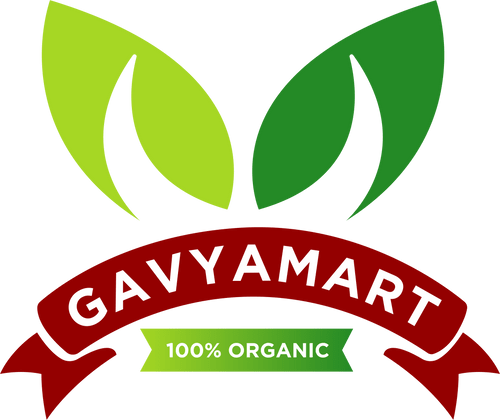Working with Gobhaktas: A Collaborative Approach to Protecting and Promoting Gaumata
At Gavyamart, we believe that the protection and promotion of Gaumata (the sacred cow) cannot rest solely on the shoulders of Gaushalas (cow shelters). While Gaushalas play a critical role in providing safe havens for cows, the true impact of this mission can only be realized through a collaborative effort that includes Gobhaktas (devotees of the cow) and Gaupalaks (cowherds).
The Role of Gobhaktas and Gaupalaks
Gobaktas, or cow devotees, share a deep reverence for Gaumata, and their devotion often translates into active participation in various initiatives aimed at cow protection and welfare. However, to truly safeguard and uplift Gaumata, it is essential that Gobhaktas and Gaupalaks work hand-in-hand.
Gaupalaks, the traditional cowherds, have a profound understanding of cow care and management, acquired through generations of experience. Their knowledge of the daily needs, behaviors, and health of cows is invaluable. By working together with Gobhaktas, who bring enthusiasm, resources, and a shared commitment to the cause, we can create a stronger, more effective network dedicated to the welfare of cows.
Beyond Gaushalas: Expanding Our Reach
While Gaushalas provide a sanctuary for cows, they alone cannot fulfill all the needs of Gaumata across the country. The limited resources and space available at Gaushalas mean that only a fraction of the cow population can be accommodated and cared for. This is where the combined efforts of Gobhaktas and Gaupalaks become crucial.
By integrating the knowledge and skills of Gaupalaks with the passion and resources of Gobhaktas, we can expand our reach beyond the confines of Gaushalas. This collaborative approach allows us to support more cows, especially those that continue to serve in rural areas and farms. Together, we can ensure that these cows receive the care, protection, and respect they deserve.
Building Sustainable Communities
Working with Gaupalaks also promotes a return to traditional, sustainable farming practices that revolve around the cow. Desi cows are at the heart of organic farming, providing essential resources such as cow dung and cow urine, which are used as natural fertilizers and pesticides. By empowering Gaupalaks to continue their traditional roles while receiving support from Gobhaktas, we can foster communities that thrive on sustainable agriculture, benefiting both the environment and society.
This synergy not only ensures the well-being of cows but also helps in building self-sufficient communities. Farmers who rely on cows for organic farming can produce healthier, chemical-free crops, which in turn contribute to the overall health of the nation. This holistic approach is a win-win for all involved: the cows, the farmers, the consumers, and the environment.
Conclusion: A Call for Collaboration
At Gavyamart, we recognize that the mission to protect and promote Gaumata is a collective responsibility. Gaushalas are a vital part of this effort, but they cannot achieve it alone. By working with Gobhaktas and Gaupalaks, we can create a comprehensive network that ensures the welfare of cows and promotes sustainable, traditional farming practices.
This collaborative approach is not just about preserving a sacred tradition; it’s about building a future where the well-being of Gaumata and the prosperity of our communities go hand in hand. We invite all Gobhaktas and Gaupalaks to join us in this mission, as together, we can make a lasting difference in the lives of our beloved cows and in the health of our nation.
